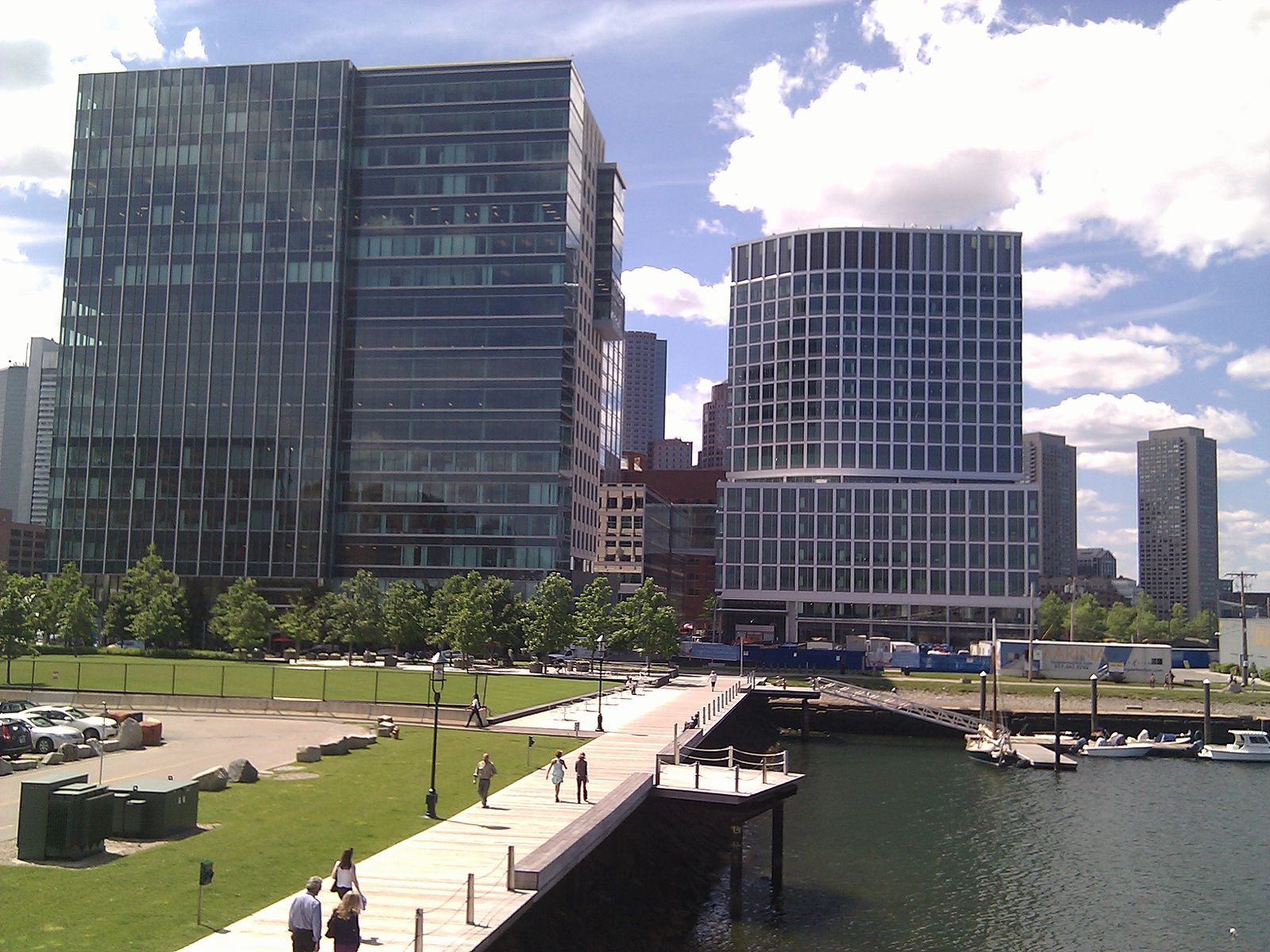Entrepreneurship can spur economic growth and job creation. As a result, state and local governments are seeking ways to establish entrepreneurial ecosystems. One way to strengthen an ecosystem is to increase its social capital. Social capital is the networks of relationships among people who work in a particular field.
Lack of social capital is among the top reasons that nine out of ten startups fail. Money and skills are not enough for success in entrepreneurship. Aspiring entrepreneurs also need social capital, which along with financial and human capital, is essential to grow a business.
Human, Financial and Social Capital
It is useful to differentiate between human, financial and social capital. Human capital comprises the knowledge and skill sets that enable people to successfully create new enterprises (Davidsson and Honig 2003; Snell and Dean 1992). Financial capital is the funding needed to get a business off the ground, sustain growth and develop operations.
Human capital is further classified into general and specific capital. General capital is associated with education, which provides the knowledge and the skills to solve problems. Specific human capital refers to the know-how for entrepreneurial activities, which has few applications outside of this context (Becker 1975; Gimeno et al. 1997). An example of specific human capital is the previous startup experience demonstrated by serial entrepreneurs.
Financial capital is key for early-stage startups to fund their ventures. Personal funding, debt, equity, crowdfunding and grants are among the funding sources available for entrepreneurs.
In entrepreneurship, social capital refers to all the interpersonal and interorganizational relationships through which entrepreneurs have access to the resources needed to discover and exploit business opportunities and succeed (Davidsson and Honig 2003; Wiklund and Shepherd 2008).
Social capital is, in simple terms, equivalent to individual and community networks. Networks can have strong or weak ties. Strong ties occur between people or firms with a family, working or professional history. Through these ties, people tend to develop high levels of trust, and therefore, are willing to share more detailed information and are more apt to collaborate. Weak ties occur between people or firms working within different contexts or economic clusters where contact is sporadic. These ties provide access to new information and new contacts outside of existing networks.
Figure 1 illustrates the relationship between the three kinds of capital.

Why Is Social Capital the Key to Entrepreneurship?
The obstacles entrepreneurs encountered due to a lack of knowledge or skill and a lack of funding can be solved through social capital. Networks connect entrepreneurs to the right people who will provide information, collaboration and partnerships as well as access to financial resources.
Entrepreneurs with higher social capital have greater chances of getting funding for their ventures.
Fried and Hisrich (1994) noted that since investors receive multiple funding requests, social connections play a significant role in determining the allocation of capital. The findings show investors tend to finance the entrepreneurs and ventures they have heard about as part of their network.
Based on a study of 202 venture capitalists in the priming phase, Shane and Cable (2002) observed that direct and indirect links between entrepreneurs and investors have a positive impact on the selection of projects financed. Shane and Stuart (2002) also noted that social capital of company founders represents an important endowment for early-stage organizations.
Social capital can also increase the human capital of a venture since the network can further advance innovation by merging ideas from different individuals. Investment in social relationships leads to the creation of socially embedded resources that can be mobilized by individuals (Lin 1999). Assuming that the social resources of entrepreneurs are more important than the possession of personal resources, social capital assists in achieving financial and human capital objectives that would be otherwise difficult to obtain (Lin 1999).
Social Capital in Nascent versus Mature Ecosystems
The genesis of startup communities is fueled by entrepreneurs’ individual attributes, their human capital. A high-impact startup can find traditional financing, such as personal funds, loans or investment by friends and family, yet social capital may remain as a challenge. Startups founded in regions with poor infrastructure lack the agglomeration needed to transition their ideas into successful companies.
In the absence of a cohesive startup network, incubators and accelerators can serve as a substitute for entrepreneurs from regions with less social capital. Local stakeholders who sponsor and support these programs have an interest in strengthening entrepreneurship in their communities.
The presence of accelerators or incubators can bring the community together as a destination for entrepreneurship and bolster local social capital. A study by the University of South Wales notes accelerators’ direct impact on entrepreneurial skills for the start-ups supported by accelerators and their positive indirect impact on the broader ecosystem. Acs (2001) recognized that entrepreneurship can be more challenging in underdeveloped areas, given their remoteness, which limits their access to skilled labor, technology, capital and networks. The alliances built by accelerators and incubators are the strongest assets in ensuring sustainability and building an ecosystem.
Cities with mature ecosystems reflect strong social capital, which plays a major role in fostering entrepreneurship. Kwon et al. (2013) sees a community’s social context as a public good. In high-social capital communities, entrepreneurs are able to take advantage of high levels of community trust and well-being, as well as more robust social networks. Individuals who feel support from cohesive communities will experiment with innovative ideas.
Conclusion
Social capital theory explains the value of networks as an integral part of a successful entrepreneurial ecosystem. Entrepreneurs need to increase social capital to increase funding and improve the human capital in their ventures.
As ecosystem actors come together to strengthen startup culture, communities should foster social capital through strong and weak ties. The Harvard Kennedy School’s Social Capital Building Toolkit is a valuable tool for understanding and creating social networks.



